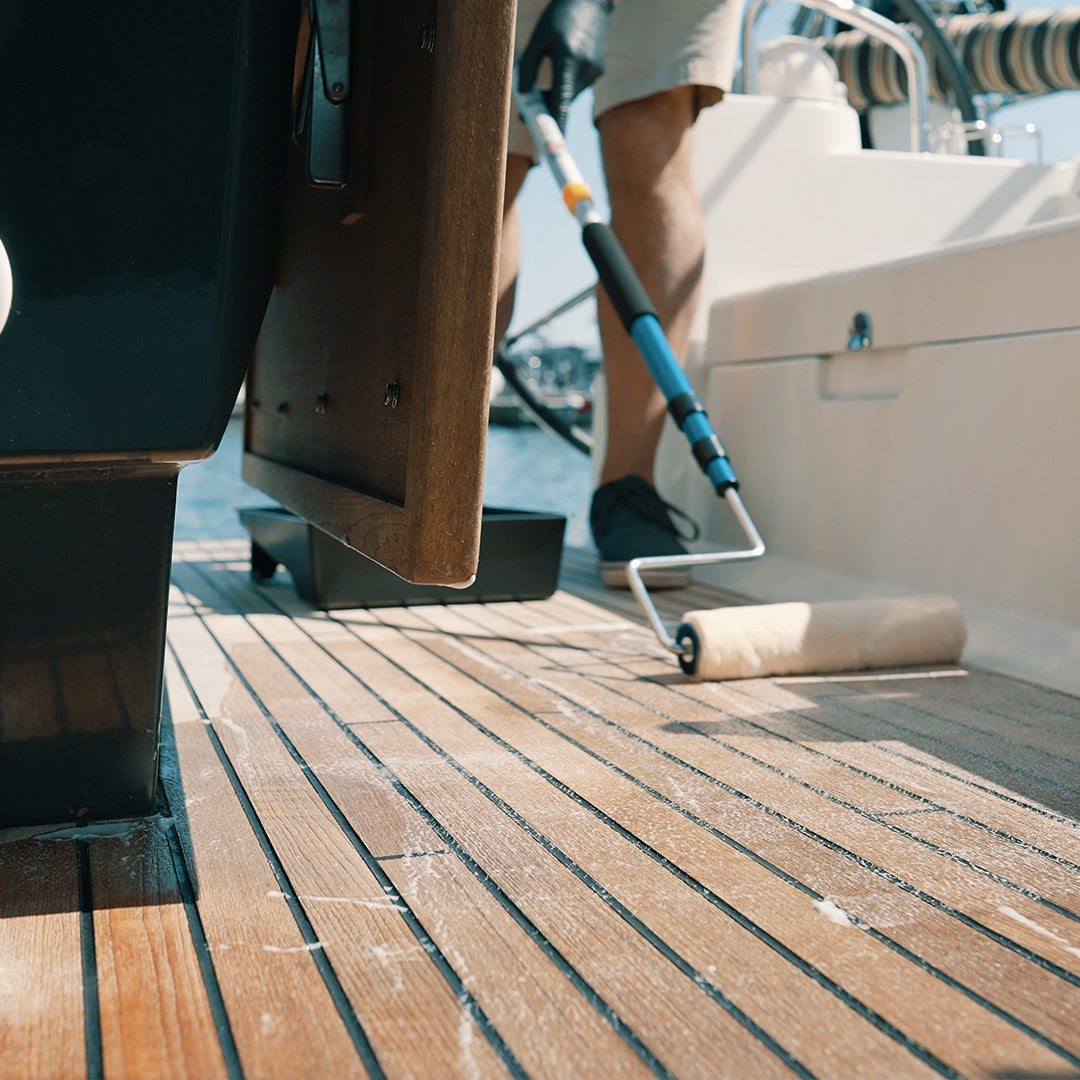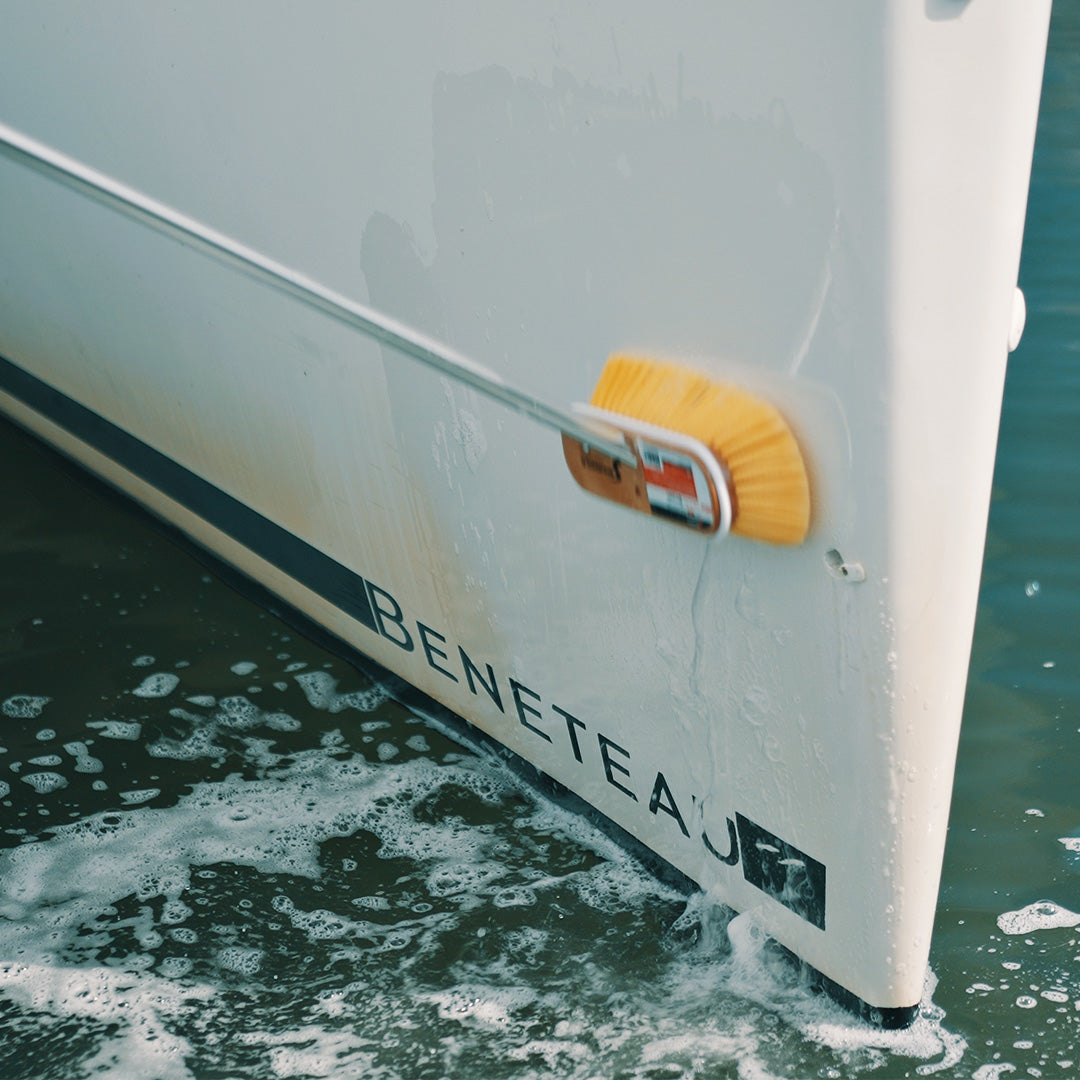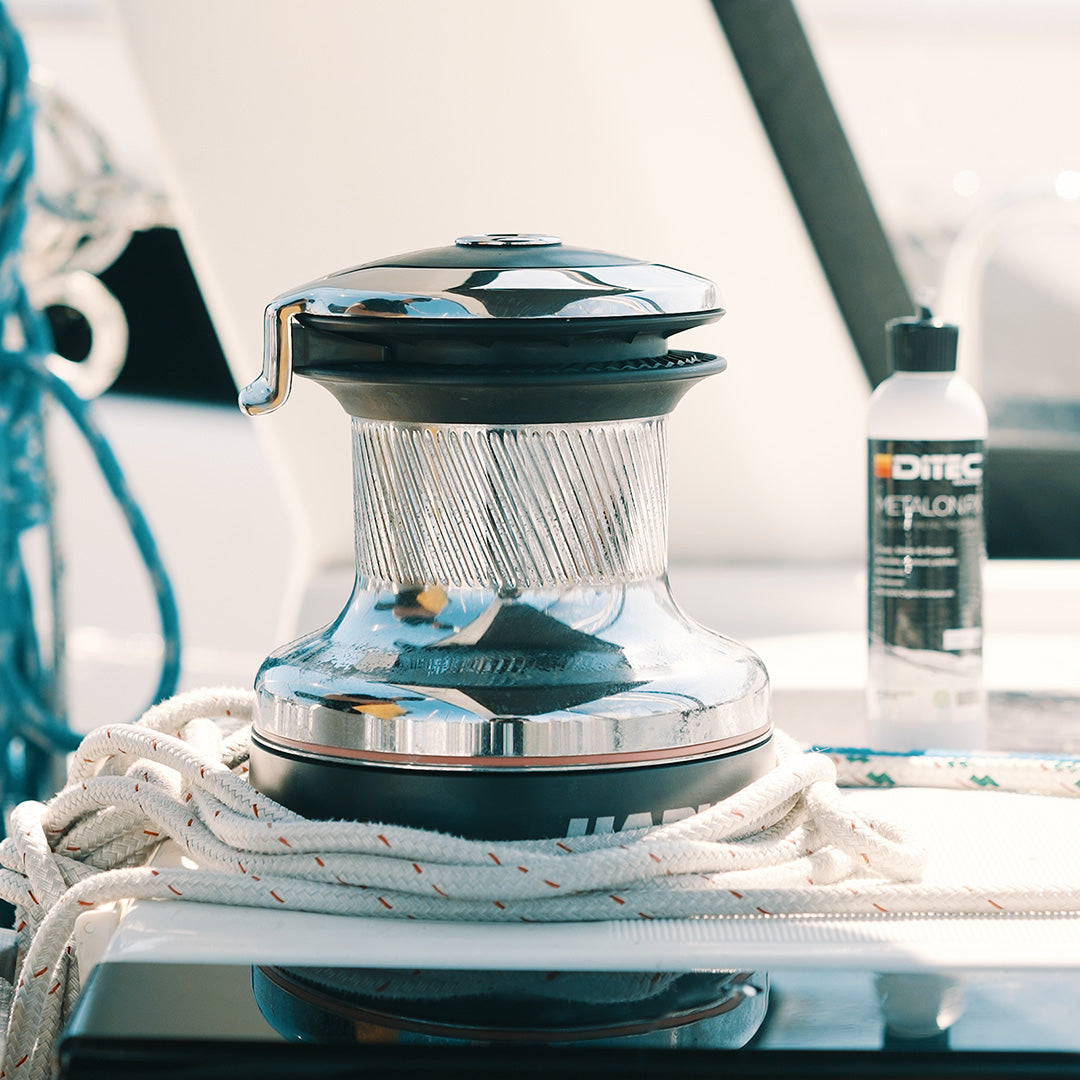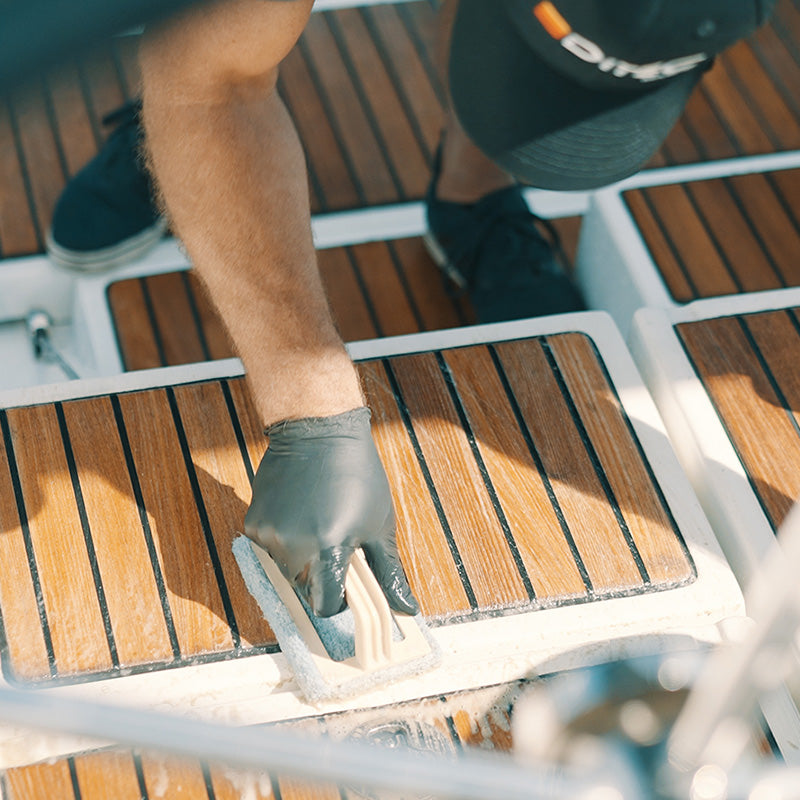For many boaters, being on the water is about freedom: chasing the horizon, escaping to open waters, and living life on your terms. But with that freedom comes responsibility, especially when protecting the environment we love exploring. If you’ve spent any time at sea, you’ve probably heard the term MARPOL, but what does it actually mean, and who needs to be compliant? Whether you're captaining a superyacht or sailing a modest cruiser, understanding MARPOL is essential for responsible boating.
What Is MARPOL?
MARPOL stands for “marine pollution” and is the name given to the International Convention for the Prevention of Pollution from Ships, adopted in 1973 and modified by a 1978 protocol (hence the full name, MARPOL 73/78). It’s the most important international agreement governing pollution from ships, covering everything from oil discharge to air emissions.
In short: MARPOL is the rulebook for keeping our oceans clean.
A Brief History of MARPOL
The roots of MARPOL go back to when maritime pollution was reaching critical levels. Tanker spills, oily bilge water, and sewage discharge were common, and the environmental toll was becoming impossible to ignore. After a series of catastrophic oil spills in the late 1960s and early ‘70s, the International Maritime Organization (IMO) brought countries together to create a framework for preventing ship-generated pollution.
The result? A treaty with real teeth.
Today, over 150 countries are party to MARPOL, representing nearly 100% of the world’s shipping tonnage. It’s divided into six technical Annexes, each dealing with a different type of pollution.
The Six MARPOL Annexes (And What They Cover)
-
Annex I – Oil: Preventing pollution from oil discharge.
-
Annex II – Noxious Liquid Substances: Regulates bulk chemical cargoes.
-
Annex III – Harmful Substances in Packaged Form: Covers hazardous materials transported in containers or drums, including some cleaning products.
-
Annex IV – Sewage: Regulates sewage treatment and discharge.
-
Annex V – Garbage: Controls waste disposal, including plastics and cleaning residues.
-
Annex VI – Air Pollution: Regulates exhaust emissions and ozone-depleting substances.
Where Marine Cleaning Products Fit In
Most boaters don’t realize that marine cleaning products can fall under MARPOL Annex III and Annex V, depending on their chemical makeup and packaging.
-
Annex III regulates harmful substances in packaged form, so if a cleaning product contains ingredients deemed hazardous under international transport rules, it must be labeled, stored, and disposed of properly.
-
Annex V covers garbage and cleaning waste, meaning residues from soaps, degreasers, waxes, or any product used on deck must be handled responsibly. Discharging these residues into the sea (even in small quantities) can violate MARPOL regulations, especially in Special Areas where environmental protections are even stricter.
So what does it mean when a product is labeled “MARPOL compliant”, like DiTEC's cleaning products?
It typically means that the product does not contain ingredients considered harmful to marine life and that it complies with environmental safety standards for discharge, packaging, and disposal. These products are designed to break down safely in the environment and minimize the risk of pollution, aligning with the principles of both Annex III and V.
Using MARPOL-compliant cleaning products helps reduce your vessel’s environmental footprint and ensures you're in line with global efforts to keep our oceans clean.
Who Needs to Be MARPOL Compliant?
While MARPOL was originally designed for large commercial ships, its regulations increasingly affect the recreational and luxury yachting world—especially vessels that are:
-
Over 400 gross tons
-
Carrying more than 15 people
-
Equipped with marine sanitation devices, fuel systems, or packaged cleaning supplies
-
Operating internationally or docking in MARPOL-participating countries
Even if your yacht isn’t required to undergo inspections, compliance with Annex V (waste) and Annex III (chemical handling) is both a legal and ethical expectation in many marinas and ports around the world.
Legally speaking, marine cleaning products do not need to be MARPOL certified or "approved" by the IMO (International Maritime Organization). However, using boat cleaning products like DiTEC’s that don’t contain harmful chemicals plays a crucial role in keeping our oceans clean and our waterways safe for future generations.
The Bottom Line
MARPOL isn’t just for cargo ships. It’s a framework that helps all of us—from liveaboards to weekend sailors—protect the oceans for the long haul. Whether you’re cleaning your topside or provisioning for a month-long voyage, choosing environmentally responsible products and understanding MARPOL’s reach keeps your voyage safe, legal, and sustainable.
Clean boating doesn’t stop with the scrub brush. It starts with the choices you make before you even leave the dock.







